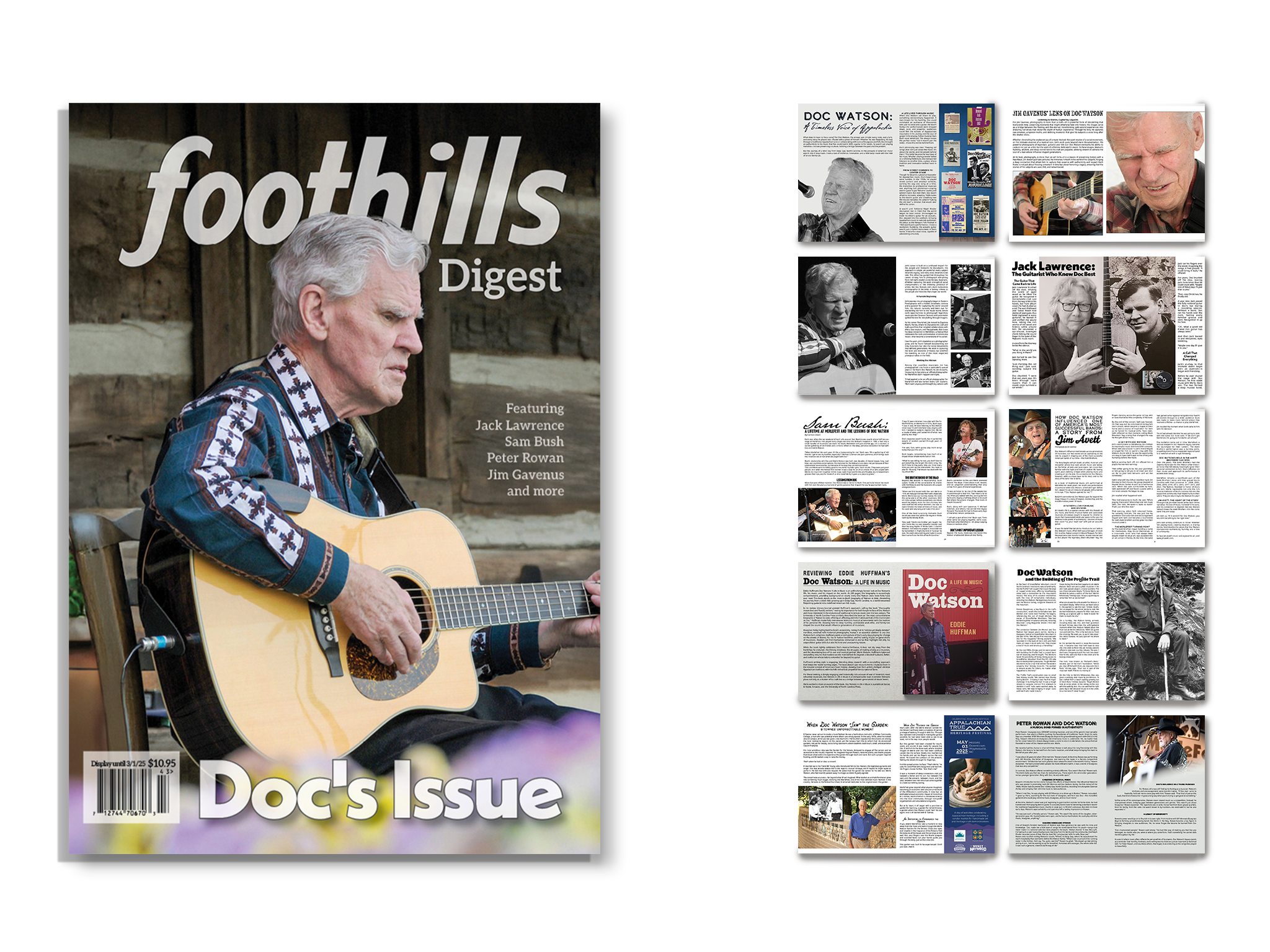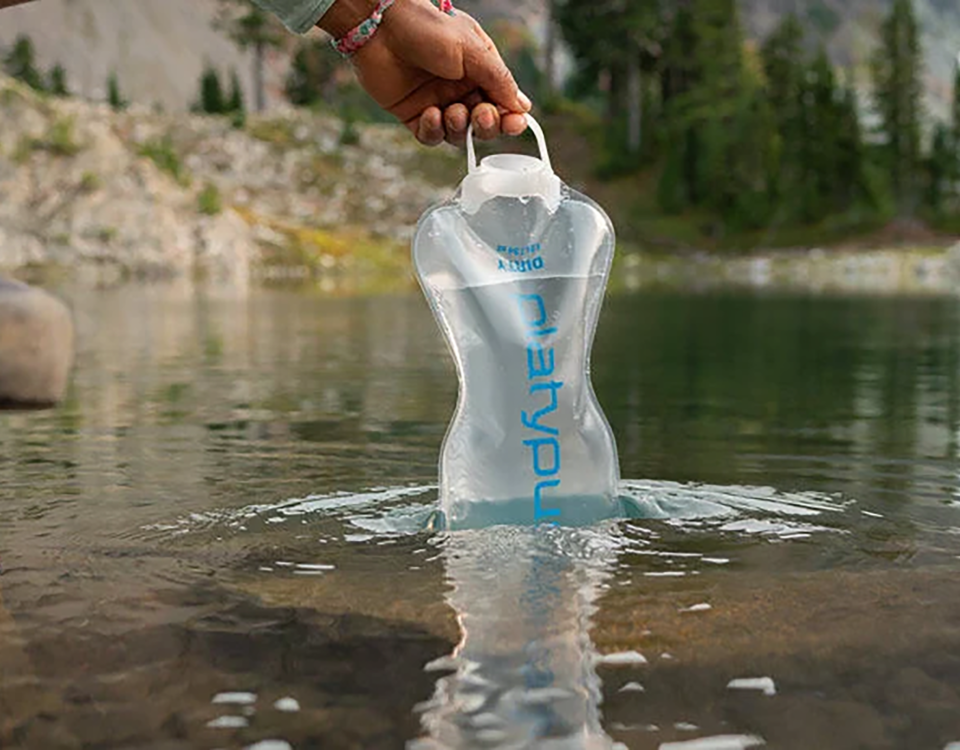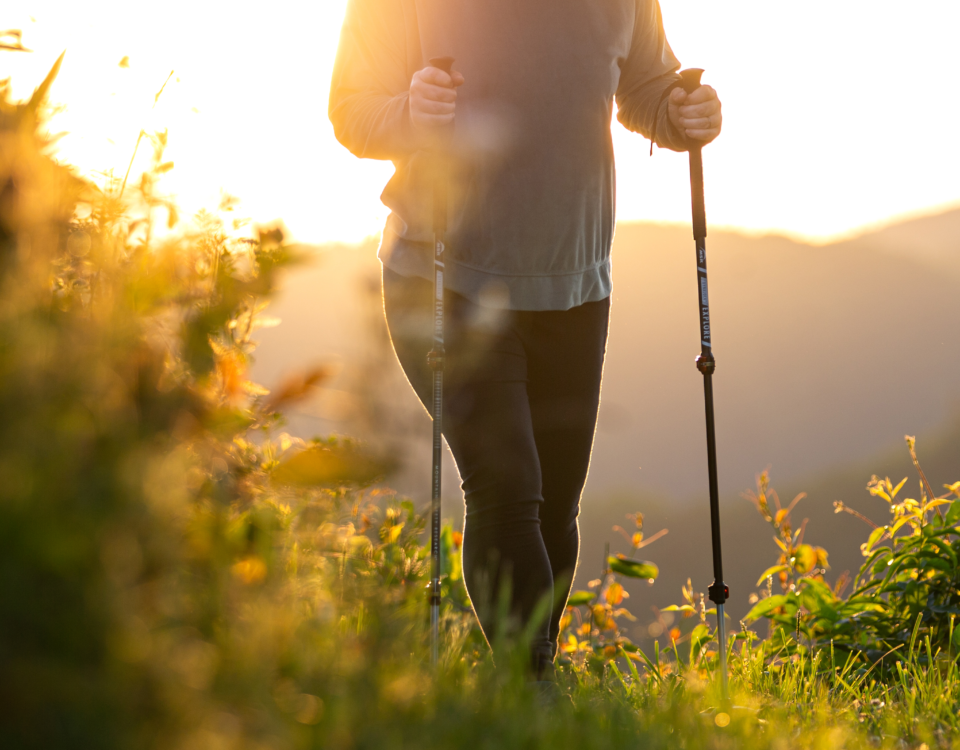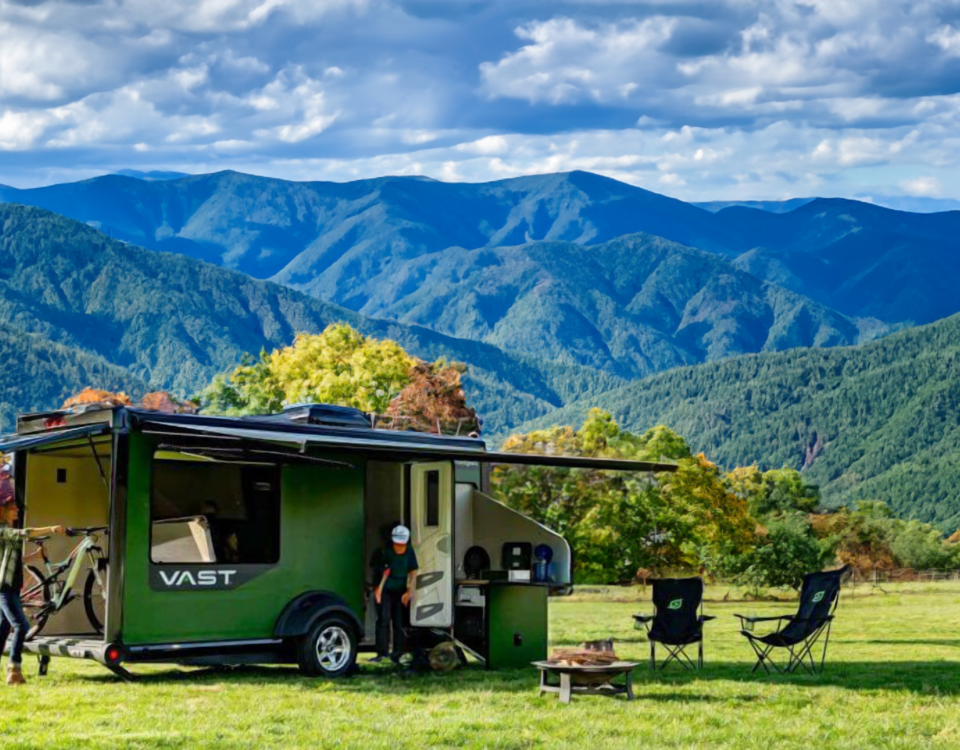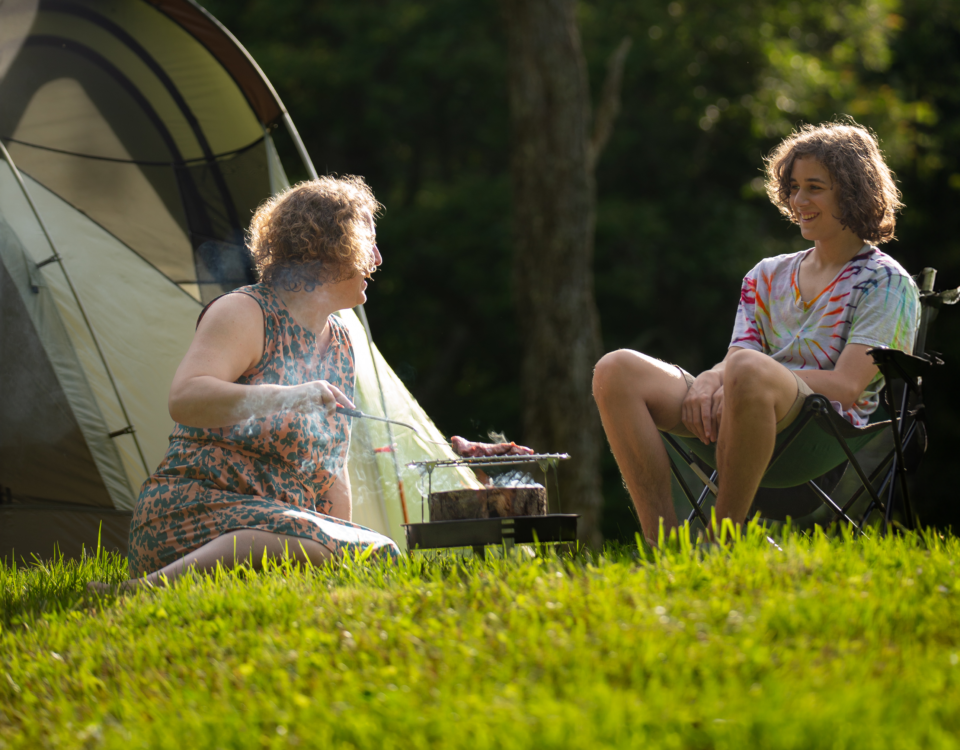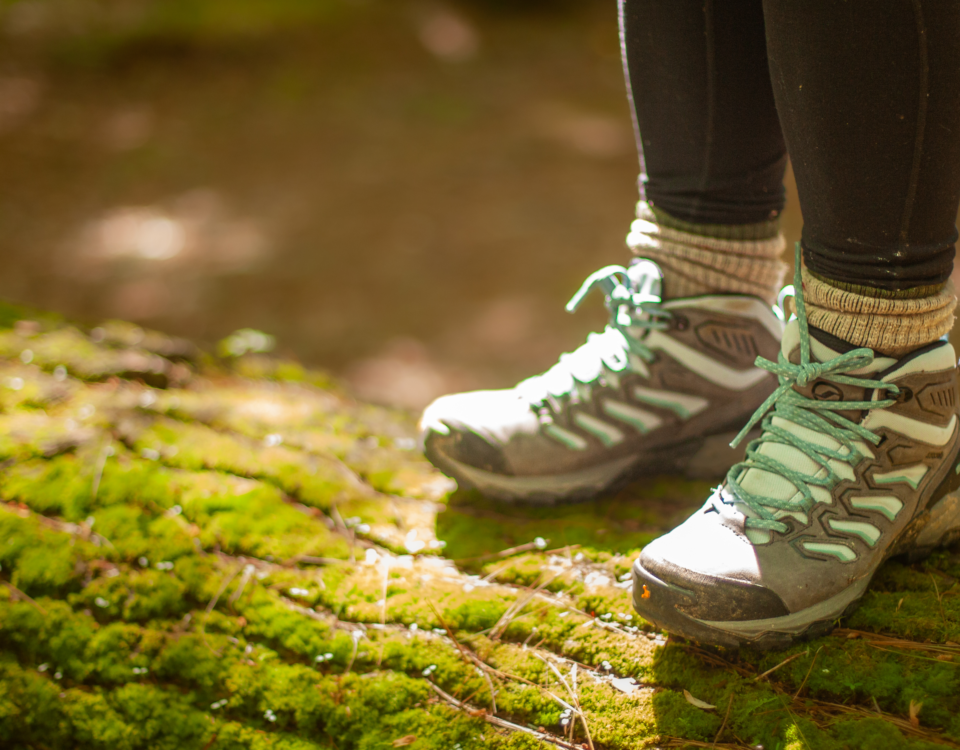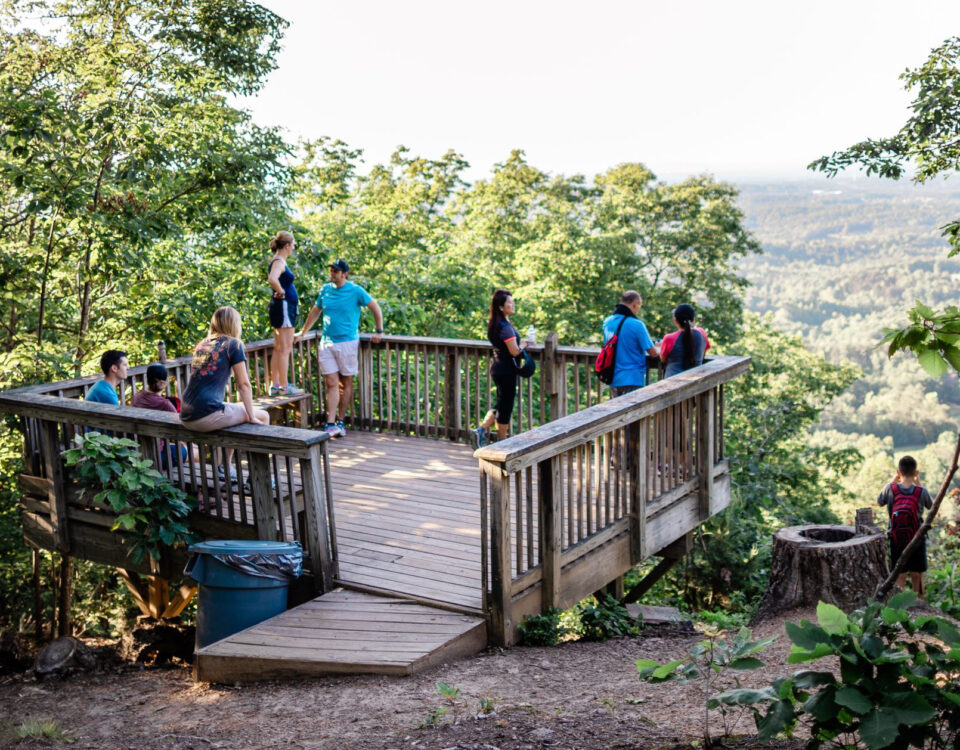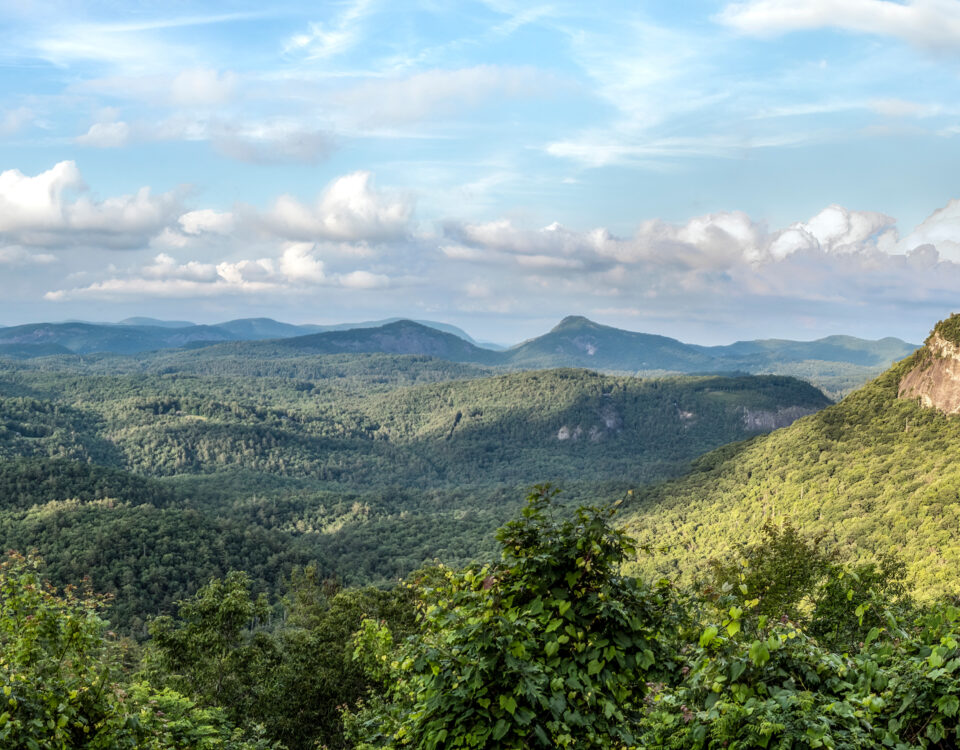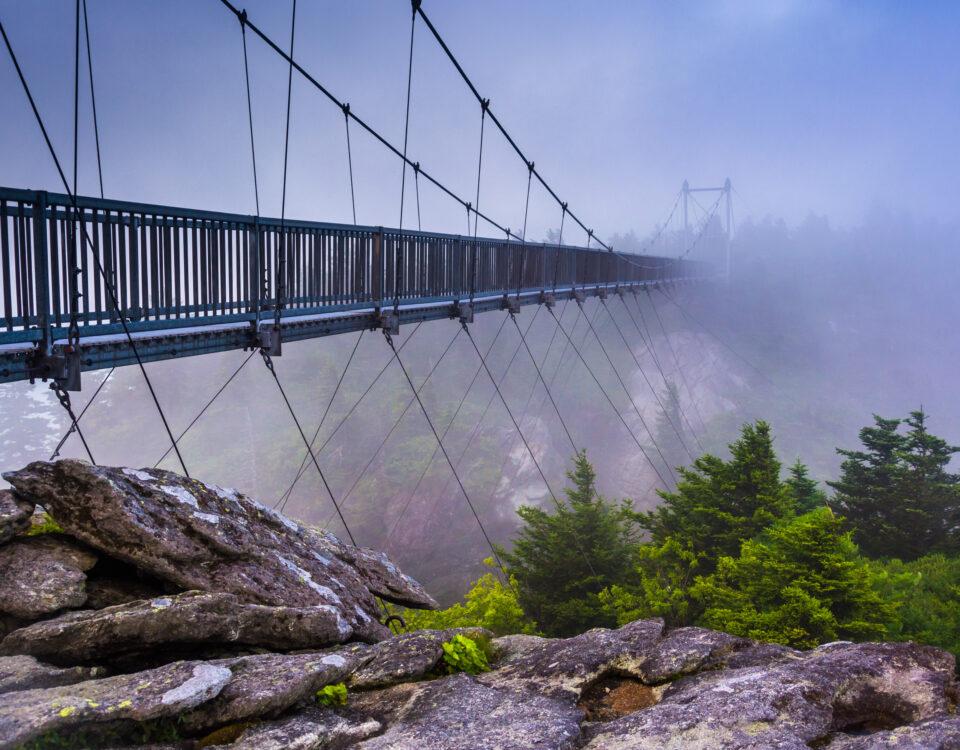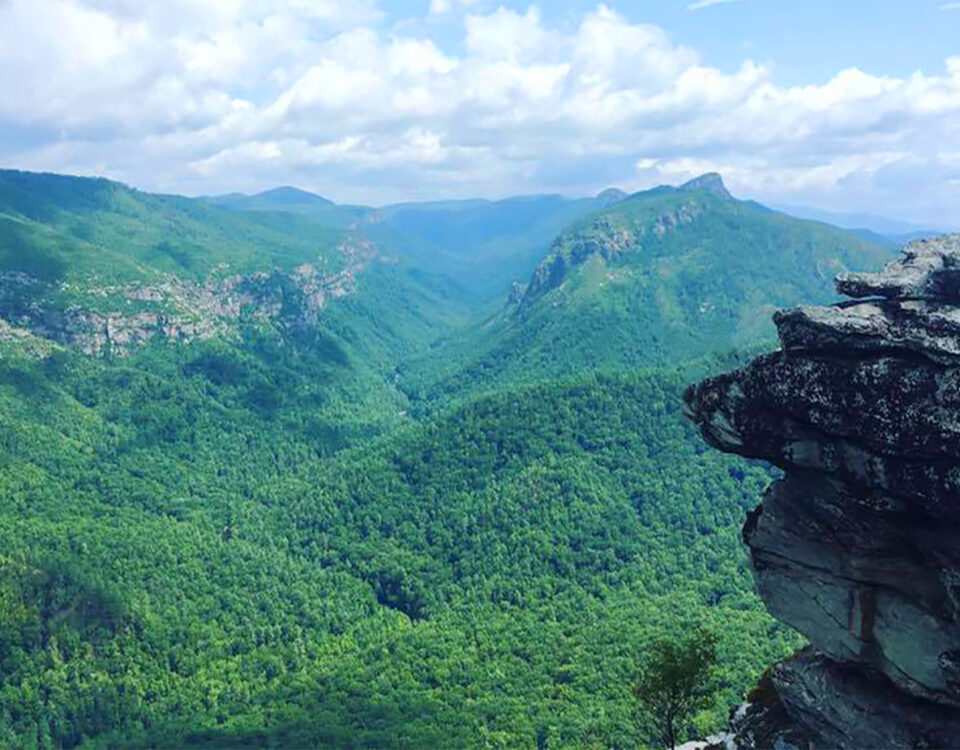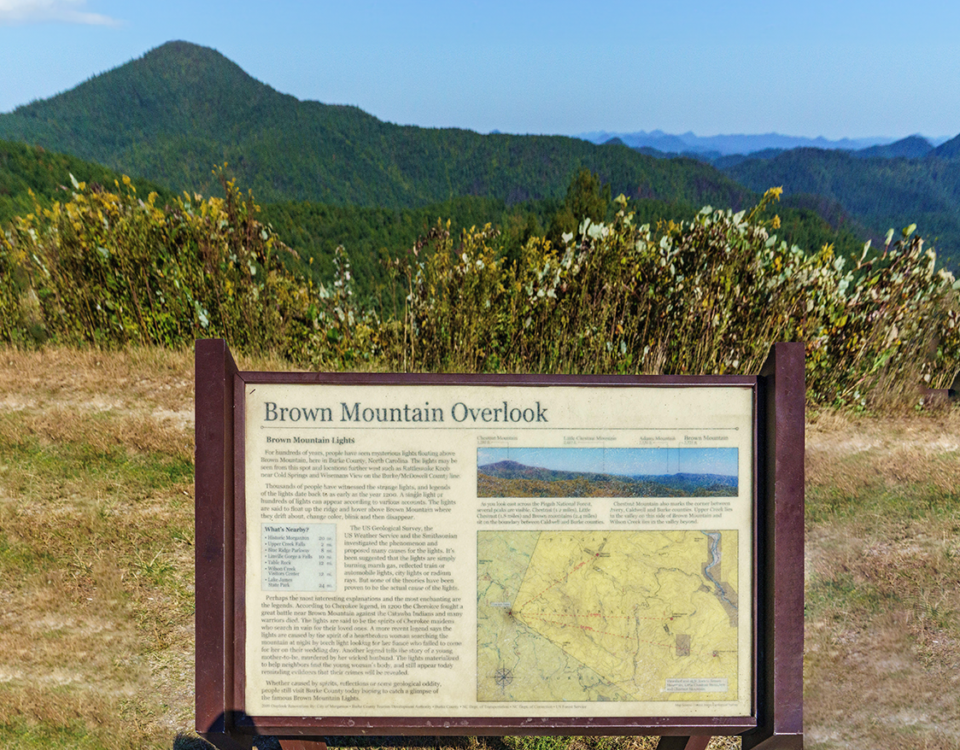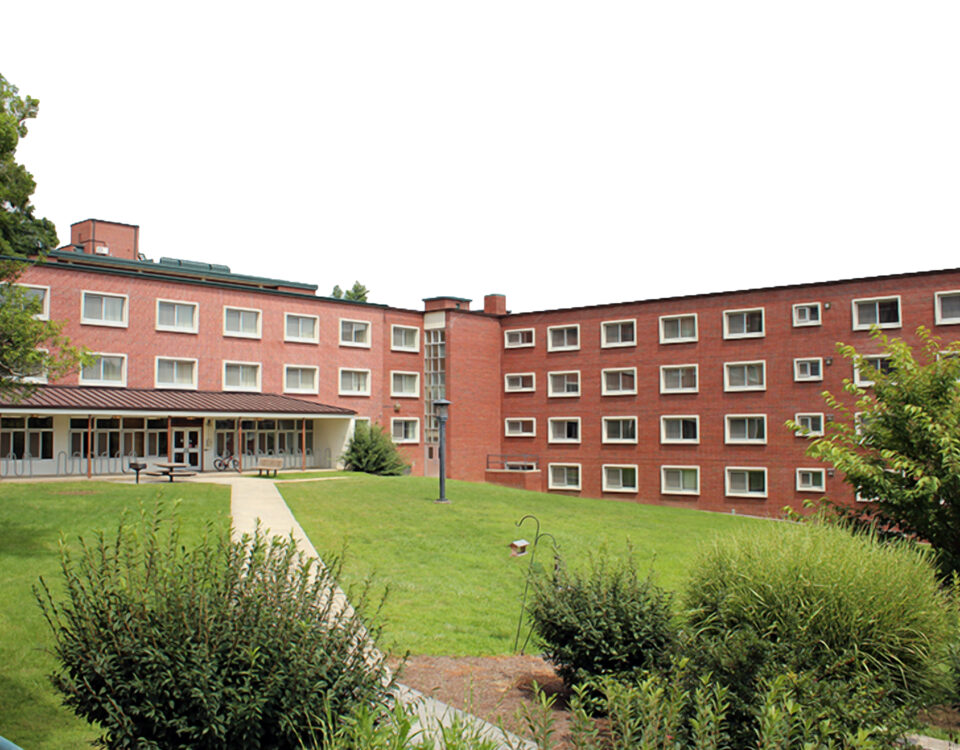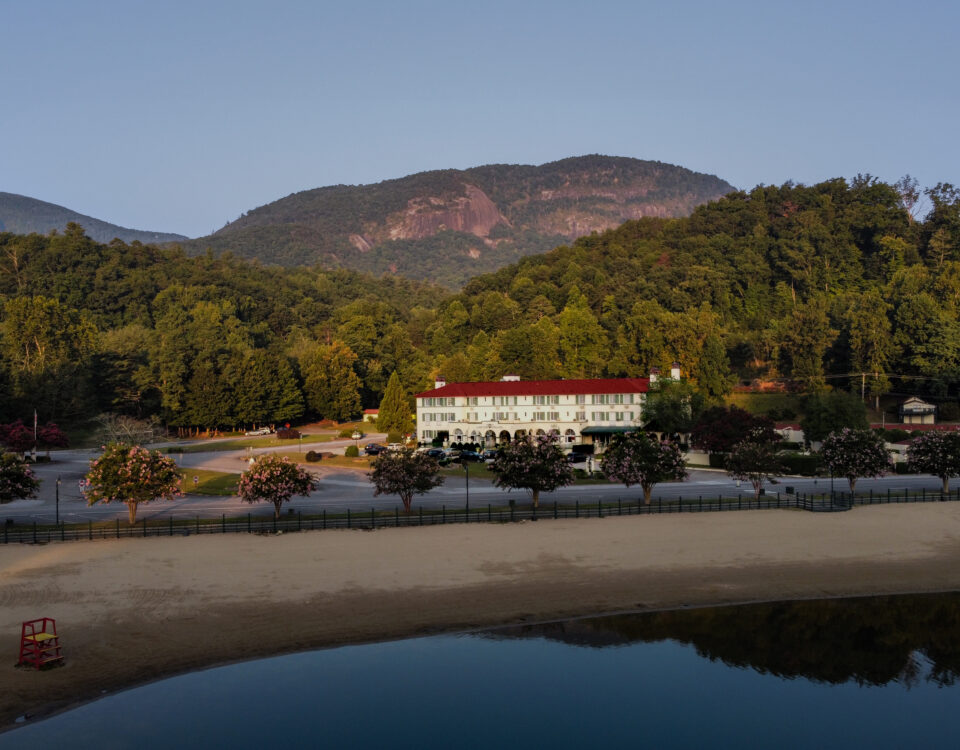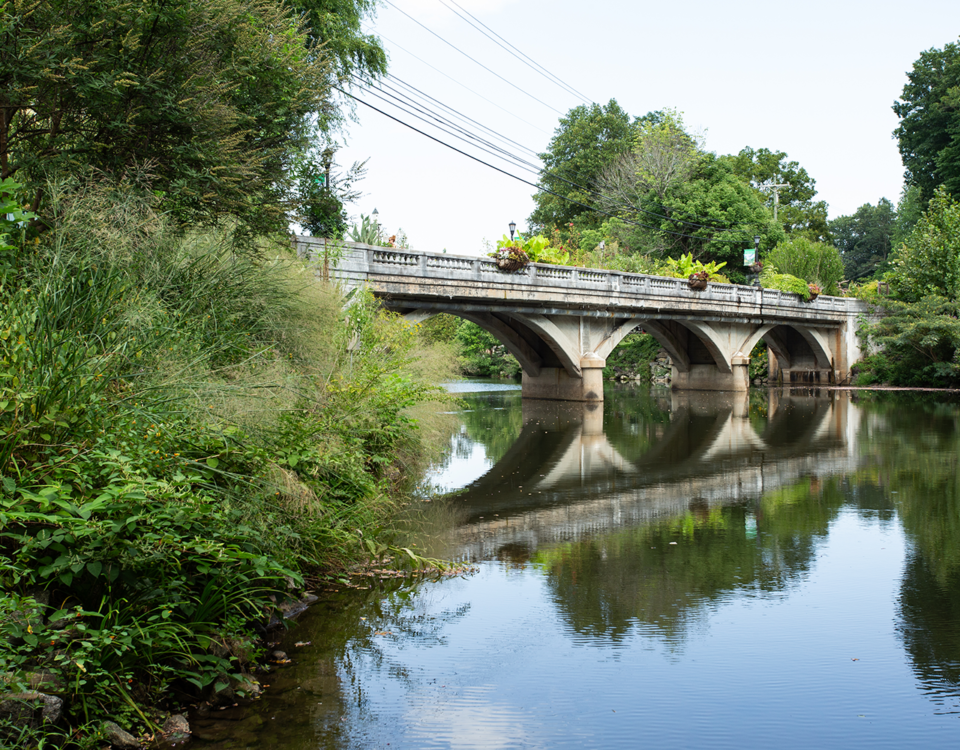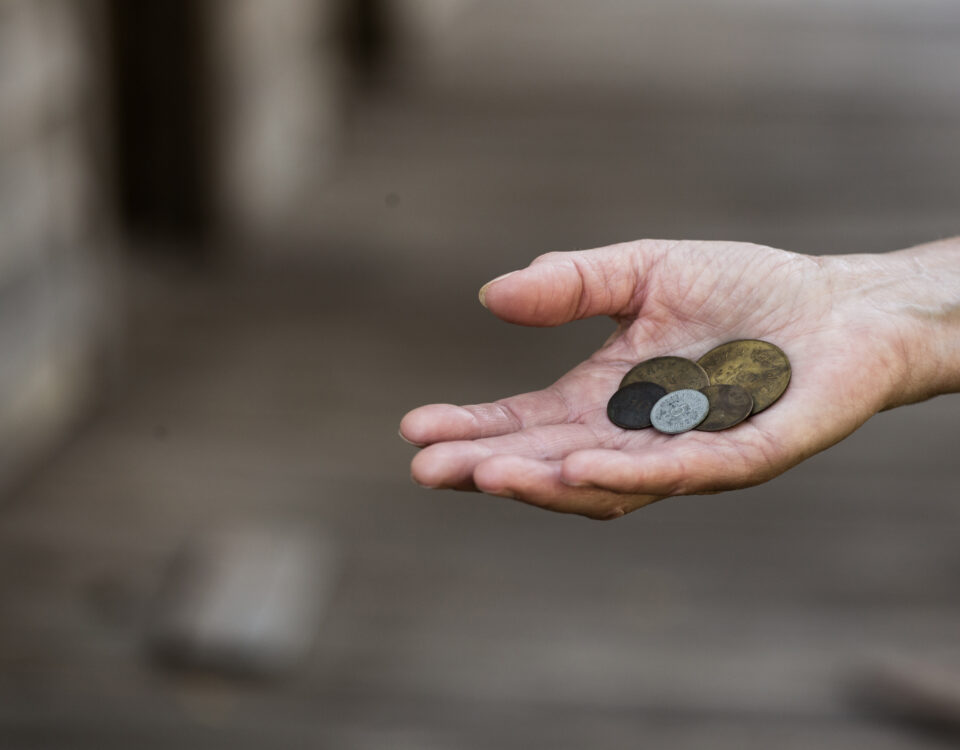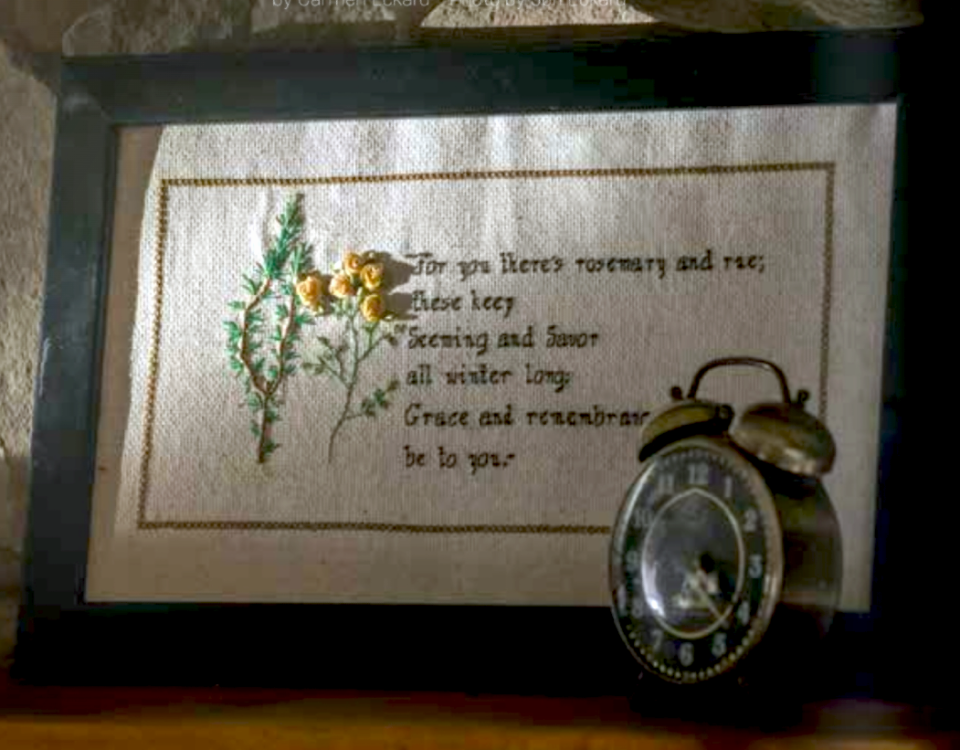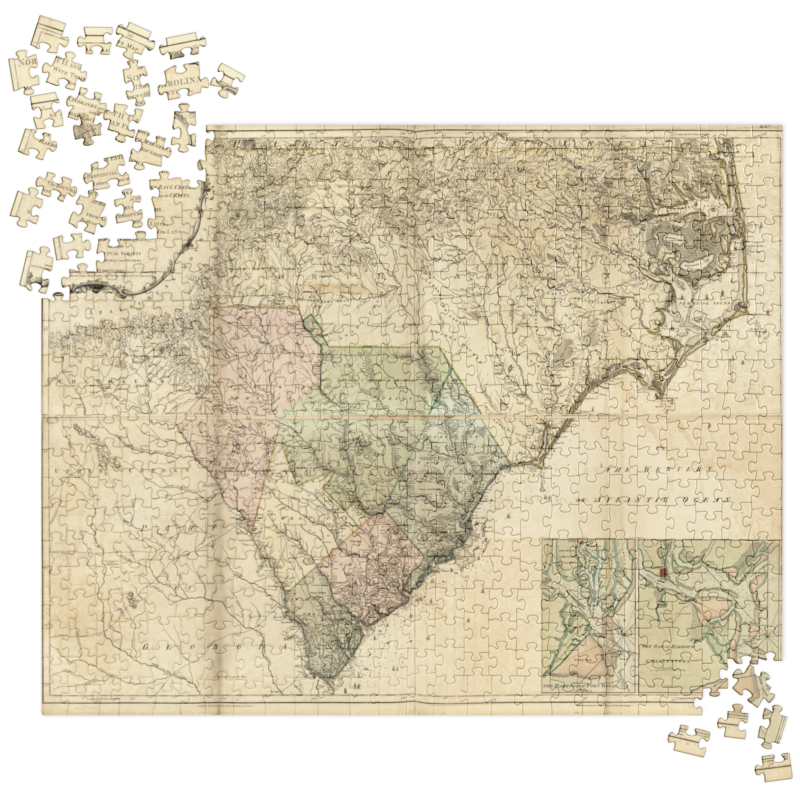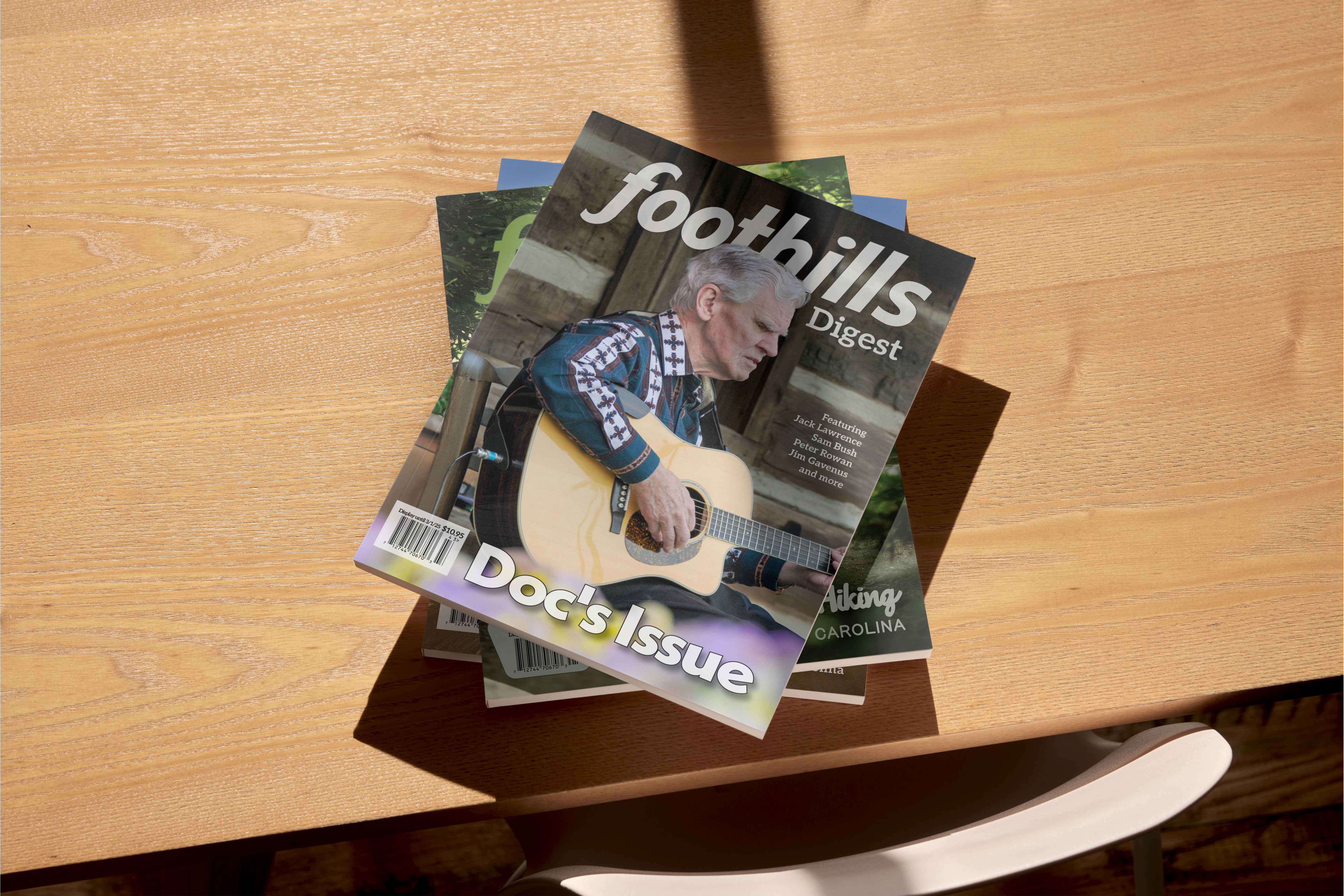
Foothills Digest is a quarterly magazine which seeks to invigorate the sense of community, honor the traditions, and highlight the beauty and resolve of the Foothills region of NC, while giving voice to the art, movements, and leaders who will shape our future. Each of our themed issues is a deep dive into a particular aspect of the culture of our region. With a strong focus on creating a beautiful printed piece, you can be sure you'll be impressed once you hold an issue in your hands.
We are sold in most grocery chains across western NC, and can be found in most Publix stores across the state. Our content area is focused on the foothills of North Carolina and the history of the Southern Appalachians.
This issue was created and on the stands before Hurricane Helene. Please check to be sure a trail has reopened before you set off! It hasn't taken long at all for many trails to reopen.
To see more delicious recipes and drink ideas, click here.
Murder at Brightleaf Inn

Set in 1952 in the North Carolina mountains, the Brightleaf Inn is more than a picturesque getaway—it's the setting of a chilling mystery intertwining its eerie history with present dangers. Mystery novelist Margaret Holloway, seeking inspiration amid writer's block, becomes entangled in a real-life enigma when a guest dies under mysterious circumstances, marked by a single white rose. Joining forces with Detective Arthur Langley, they delve into the inn's secretive guests, uncovering motives, vendettas, and legends that bring them closer to the truth but deeper into peril. The inn, haunted by the legend of the woman in white and a past filled with ghostly sightings, takes center stage in a story that blurs the line between the living and the ghostly, hinting at a tragic love and betrayal cycle. As they race against a looming storm that traps them with a killer, Margaret and Langley must solve the mystery to avoid becoming part of the inn's dark history.
-
Burlon Craig metal print by Jon Eckard
$100.00 – $150.00 -
I’ll Throw an Appalachia T
$15.50 – $20.00

